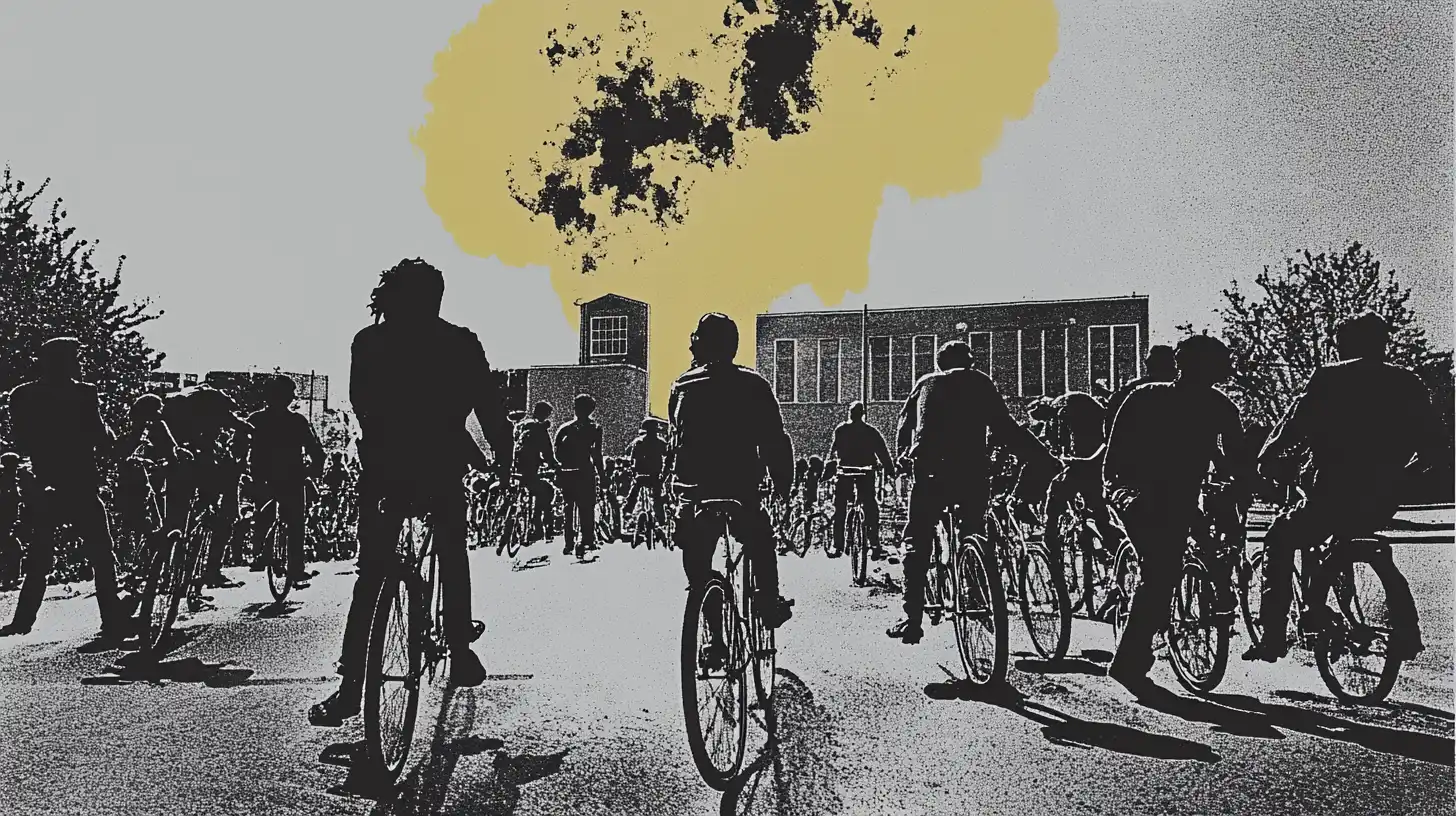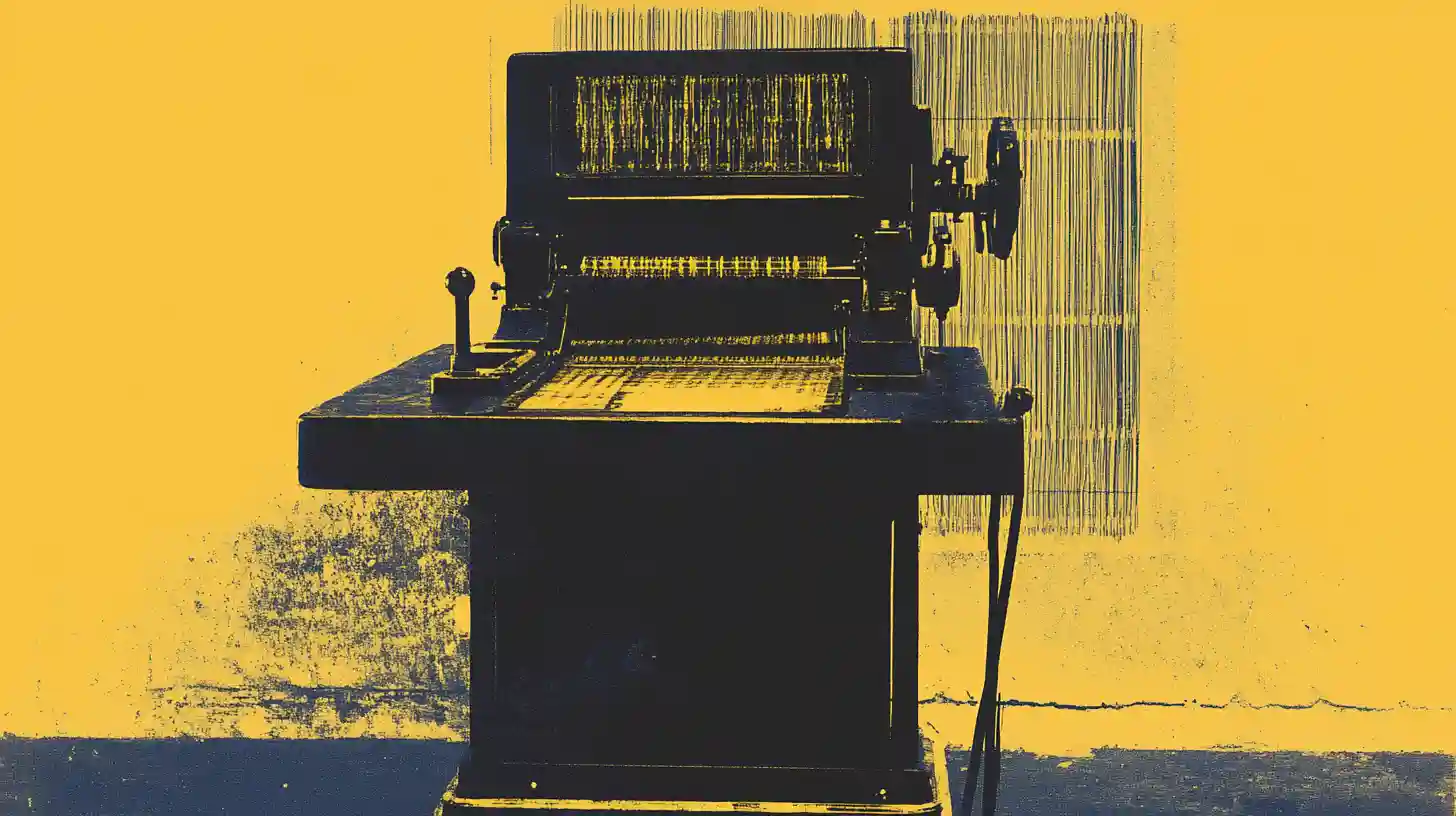.webp)
© History Oasis / Created via Midjourney
Major events that happened in the month of May:

American pilot Gary Powers was captured after his spy plane was downed over Soviet airspace, exposing U.S. surveillance operations and derailing a planned summit between Eisenhower and Khrushchev.

May 2, 2001—U.S. Navy SEALs raided a compound in Abbottabad, Pakistan, killing the al-Qaeda leader in a stealth operation that ended a decade-long manhunt.

Gary Thuerk blasted an unsolicited advertisement to 400 ARPANET users, generating $13 million in sales while inadvertently creating what would become modern email spam.

National Guard troops fired on student anti-war protesters at Kent State University, killing four students and becoming a defining moment in Vietnam War opposition.

Alan Shepard made a 15-minute suborbital flight aboard Freedom 7. During launch delays, he was forced to urinate in his spacesuit, shorting some of the craft's electronics.

The German passenger airship burst into flames while docking in New Jersey, killing 36 people and ending the era of commercial airship travel in a catastrophe captured by radio broadcaster Herbert Morrison's famous "Oh, the humanity!" cry.

A German U-boat torpedoed the British ocean liner, killing 1,198 passengers and hastening American entry into World War I, despite the ship secretly carrying ammunition.

Pharmacist John Pemberton sold the first glass of Coca-Cola in Atlanta as a medicinal "brain tonic," containing both cocaine from coca leaves and caffeine from kola nuts.

Irish adventurer Thomas Blood, disguised as a priest, nearly succeeded in stealing the British Crown Jewels from the Tower of London but was pardoned by King Charles II, possibly for being a royal spy.

The golden spike connecting the Union Pacific and Central Pacific railroads was driven at Promontory Summit, Utah, creating America's first coast-to-coast railway.

IBM's chess supercomputer defeated world champion Garry Kasparov in a six-game match. This was the first major victory of artificial intelligence over human expertise in intellectual competition.

The decomposed body of aviator Charles Lindbergh's kidnapped son was discovered 72 days after his abduction. It led to the "Lindbergh Law," making kidnapping a federal crime.

Turkish assassin Mehmet Ali Ağca shot the Pope four times in St. Peter's Square, but the pontiff survived and later visited his attacker in prison to offer forgiveness.

Edward Jenner conducted the first vaccination by intentionally infecting 8-year-old James Phipps with cowpox to successfully protect him against smallpox.

The McDonald brothers opened their first drive-in restaurant in San Bernardino, California. Initially, they served barbecue rather than burgers, with roller-skating carhops.

The Beach Boys' revolutionary album launched experimental pop music but initially flopped commercially.

Televised Senate hearings exposed President Nixon's involvement in the Watergate scandal, revealing the existence of Oval Office tapes that would lead to his resignation.

The Washington State volcano explosively erupted with the force of 27,000 atomic bombs, killing 57 people and destroying 230 square miles of forest with a lateral blast traveling 300 mph.

Earth passed through the comet's tail, triggering mass hysteria about toxic gas poisoning that led to sales of "comet pills" and gas masks.

Charles Lindbergh completed the first solo nonstop flight across the Atlantic in the Spirit of St. Louis, traveling 33.5 hours from New York to Paris without radio or parachute.

Two wealthy University of Chicago students murdered 14-year-old Bobby Franks to commit the "perfect crime" but were saved from execution by Clarence Darrow's legendary 12-hour plea.

The nuclear submarine mysteriously vanished in the Atlantic with 99 crew members, spawning conspiracy theories about Soviet attacks, though the true cause remains unknown.

The notorious bank-robbing couple died in a police ambush in Louisiana, shot over 100 times in their car. It is now a tourist attraction.

Samuel Morse sent "What hath God wrought?" from Washington D.C. to Baltimore, launching the telecommunications age.

George Lucas's space opera debuted to unexpected success after studio executives predicted failure. This allowed Lucas to keep billion-dollar merchandising rights.

Charles Dow published the first stock market average tracking 12 companies at 40.94 points.

San Francisco's iconic suspension bridge welcomed pedestrians, coated in its distinctive "International Orange" paint chosen to remain visible in fog.

German teenager Mathias Rust evaded Soviet air defenses to land a small plane near the Kremlin, embarrassing military leaders and aiding Gorbachev's reforms.

Edmund Hillary and Tenzing Norgay reached the world's highest peak, leaving behind symbolic items—Hillary a crucifix and Norgay offerings to mountain deities.

English forces executed the French military leader for heresy. Some witnesses claimed her heart remained intact despite the flames before her ashes were scattered in the Seine.

London's famous clock tower began operation with its massive 13-ton bell, which would later develop a crack, altering its distinctive sound. The structure subtly leans northwest.